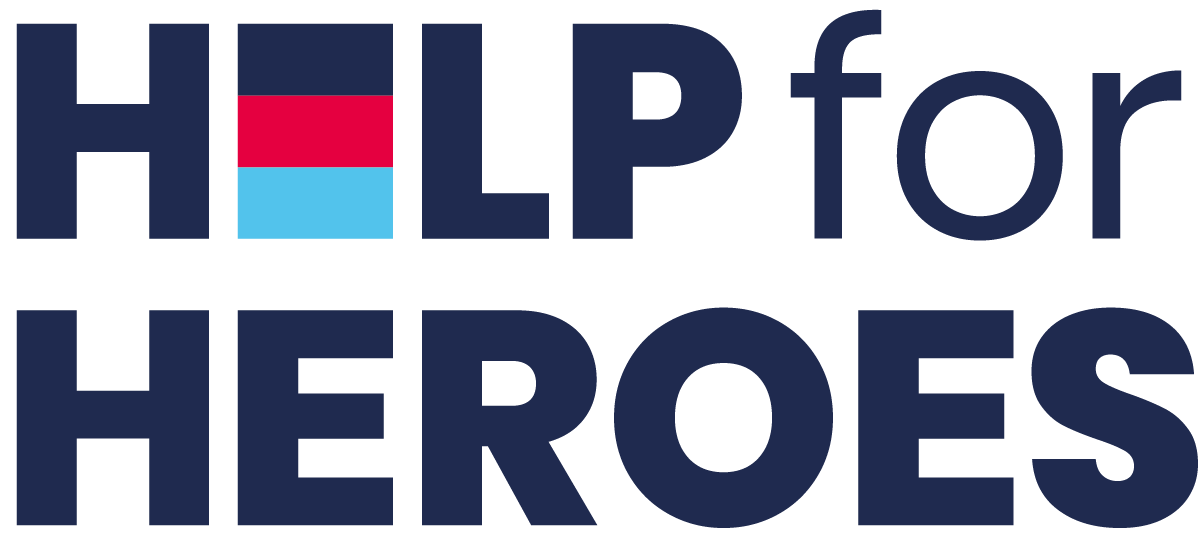Updated on
A survey from Help for Heroes has revealed that many ex-servicemen and women in the UK have issues sleeping, with over 2 in 5 (41%)* stating that they sleep badly on an average night (compared to 27% of the general public, according to a study from the Sleep Council**). Indeed, a quarter of veterans get less than five hours’ sleep on an average night - much less than the widely recommended eight hours.
The results also show that in particular those aged between 25 and 54 struggle to regularly get a good night’s sleep (58%), and that female veterans suffer most, with almost 4 in 5 (70%) of those surveyed saying that they feel they don’t get enough sleep.
Help for Heroes believes that these results indicate that many more veterans could be better supported with their sleep troubles.
Roy Taylor was one of the first ex-servicemen to receive support from military charity Help for Heroes to help overcome serious sleep problems and improve his overall wellbeing.
Roy said: “When you’re on operations you do sleep with one eye open. We’d sleep like that on a sub for three months with no days off, but I carried on doing that.”
Roy joined the Navy submarine service in 1974, just six months after leaving school and craving adventure. After spending much of his time in a submarine off the coast of Russia during the height of the Cold War, Roy began having nightmares and battling sleep problems.
After he was diagnosed with Post Traumatic Stress Disorder, Roy was one of the first veterans to experience the Sensory Room at the Charity’s Recovery Centre in Wiltshire and work with an Occupational Therapist to improve his sleep.
Roy suffered with short periods of broken and very disturbed sleep for years after leaving the Navy, but with the support of Help for Heroes he is now managing to sleep through up to six or seven hours most nights and feeling properly rested. Before when he woke up, he’d have to turn every light on in the house and check every window and door making it very hard for his family to cope with his sleeplessness too. Now, he can manage to stay in bed even if he does wake up during the night, using techniques learnt with Help for Heroes.
He said: “Within 20 minutes of being in the Sensory Room I was out of it and that is totally rare for me. Help for Heroes devised a new sleep and relaxation routine with me and I am still using it now. If my body is rested, I am more willing to talk to people and the world is a happier place. Slowly, slowly, using what Help for Heroes taught me I’ve managed to pick myself up and I just hope more people can learn what I have, to help them sleep.”
John Crudgington, Head of Health and Physical Wellbeing at Help for Heroes, said: “Sleep is an essential part of maintaining good health and wellbeing. Getting a good night’s sleep helps protect both your mental and physical health, improves your quality of life and helps your body repair itself. These are key elements to maintain during any recovery journey.”
More and more veterans are starting to come forward for support with their sleep, and Help for Heroes has launched a new section on its website with a focus on wellbeing – in particular for sleep issues for those who are not getting enough It includes a selection of blog posts, yoga practices and videos featuring staff specialists offers veterans the tools they need to take ownership of their recovery journeys and improve their wellbeing.
John Crudgington continued: “While there is more that needs to be done in supporting ex-Service Personnel in the areas of sleep hygiene, nutrition and general health, we hope this is a good first step in letting veterans know they aren’t alone. It’s about making small changes to see big differences, and getting the tools they need to be calmer, healthier, and more resilient – to be their best.”
Visit Help for Heroes’ new wellbeing pages with advice and tips for veterans who are struggling with their sleep.
*(Survey of 110 Ex-Armed Forces personnel, conducted by YouGov, Aug 2017) ** (Great British Bedtime Report, conducted by www.sleepcouncil.org.uk, 2013)


